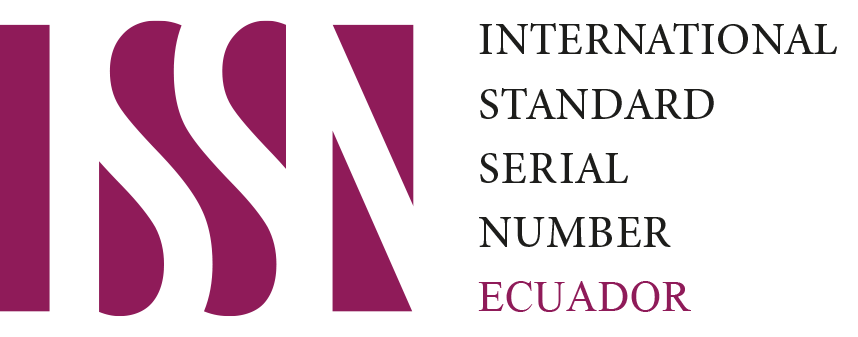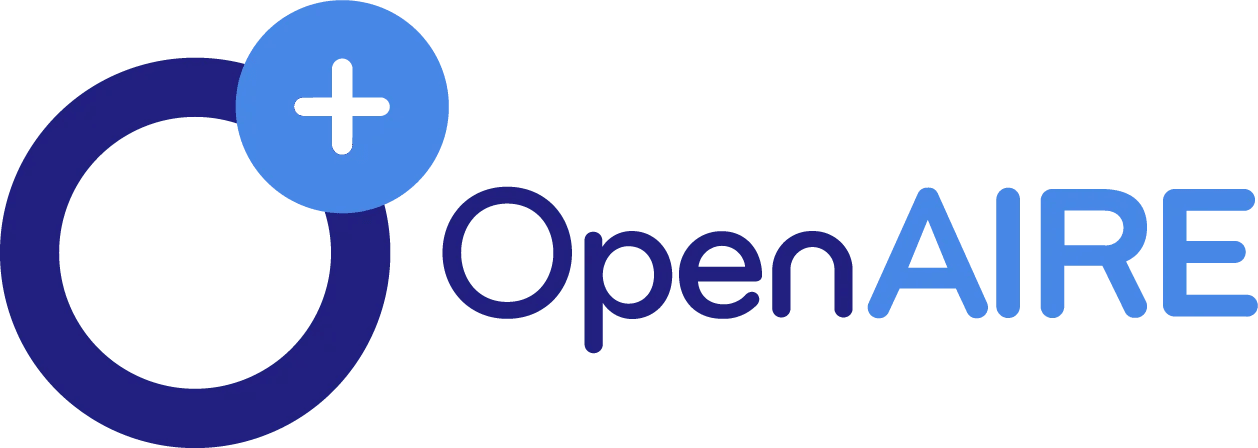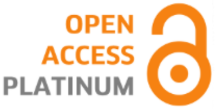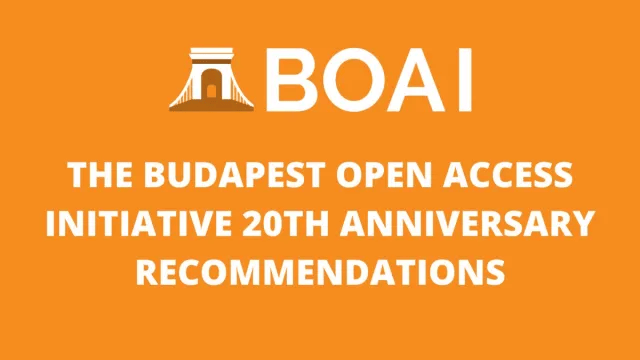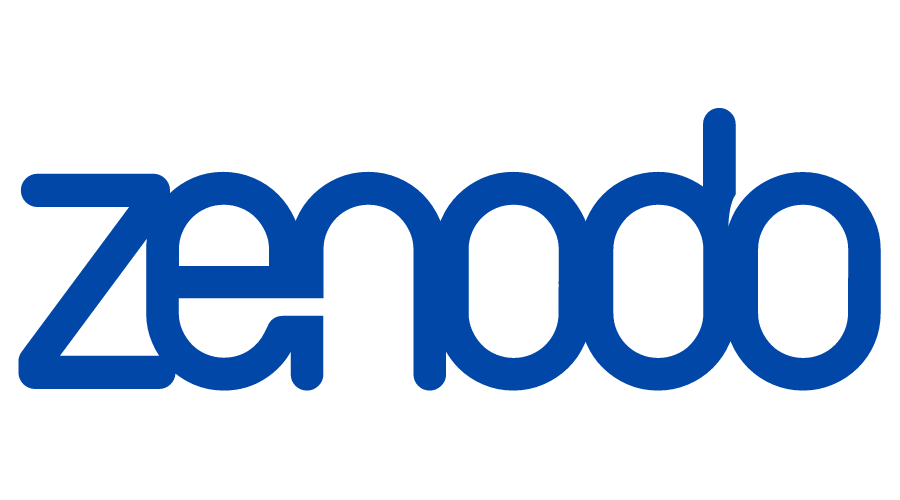Professionalization and strategic performance evaluation at Encanto Hotels in Isla Azul, Sancti Spíritus
DOI:
https://doi.org/10.5281/zenodo.15331688Keywords:
performance management, professionalization, Cuban tourism, competence-based evaluation, continuing education.Abstract
The professionalization of human capital in the tourism sector is a strategic pillar for increasing the competitiveness of destinations. This article analyzes the redesign of the performance evaluation system at Hoteles Encanto de Isla Azul, in Sancti Spíritus, Cuba, to align it with ongoing training processes, effective feedback, and competence development. A qualitative methodology, based on semi-structured interviews with middle managers and human resources specialists, was employed, complemented by a documentary analysis of training plans and performance reports. The results reveal that the current system focuses on operational indicators and lacks training tools, which limits its impact on professional improvement. An evaluation model centered on key competencies, structured feedback, and individualized development planning is proposed, responding to the demands of contemporary international tourism. The study concludes that a profound transformation of the evaluation system, based on the professionalization of human talent, can decisively contribute to improving service quality, strengthening organizational culture, and consolidating the Encanto hotel chain’s position as a benchmark within Cuban tourism
Downloads
References
Mikołajczyk, K. (2022). Changes in the approach to employee development in organisations as a result of the COVID-19 pandemic. European Journal of Training and Development, 46(5/6), 544–562. https://doi.org/10.1108/EJTD-12-2020-0171
Oliva, A. (2024). Evaluación del desempeño y competencias laborales en el sector turístico en Cuba: retos, oportunidades y perspectivas de mejora. GEDI-PRAXIS. Revista de Gestión, Educación y Ciencias Sociales, 2(3), 170–182. https://doi.org/10.5281/zenodo.1485498
Orgaz, F., & Moral, S. (2016). El turismo como motor potencial para el desarrollo económico de zonas fronterizas en vías de desarrollo. Un estudio de caso. El Periplo Sustentable, (31), 00008. http://www.scielo.org.mx/scielo.php?script=sci_arttext&pid=S1870-90362016000200008&lng=es&tlng=es
Rožman, M., Tominc, P., & Štrukelj, T. (2023). Competitiveness through development of strategic talent management and agile management ecosystems. Global Journal of Flexible Systems Management, 24, 373–393. https://doi.org/10.1007/s40171-023-00344-1
Vázquez Blanco, M. M., & Pupo Guisado, B. (2012). Gestión de herramienta informática web en destinos turísticos de Cuba. Revista de Investigación de Turismo y Desarrollo Local TURyDES, 5(12). https://revistaturydes.com/index.php/turydes/article/view/807
Vuong, T. D. N., & Nguyen, L. T. (2022). The key strategies for measuring employee performance in companies: A systematic review. Sustainability, 14(21), 14017. https://doi.org/10.3390/su142114017
Wynn, M., & Jones, P. (2022). IT strategy in the hotel industry in the digital era. Sustainability, 14(17), 10705.https://doi.org/10.3390/su141710705
Published
Data Availability Statement
The datasets used and/or analyzed during the current study are available from the corresponding author on reasonable request
Issue
Section
License
Copyright (c) 2025 Andro Oliva, Susana Barrios, Jennifer P. Murillo (Author)

This work is licensed under a Creative Commons Attribution-NonCommercial-ShareAlike 4.0 International License.








